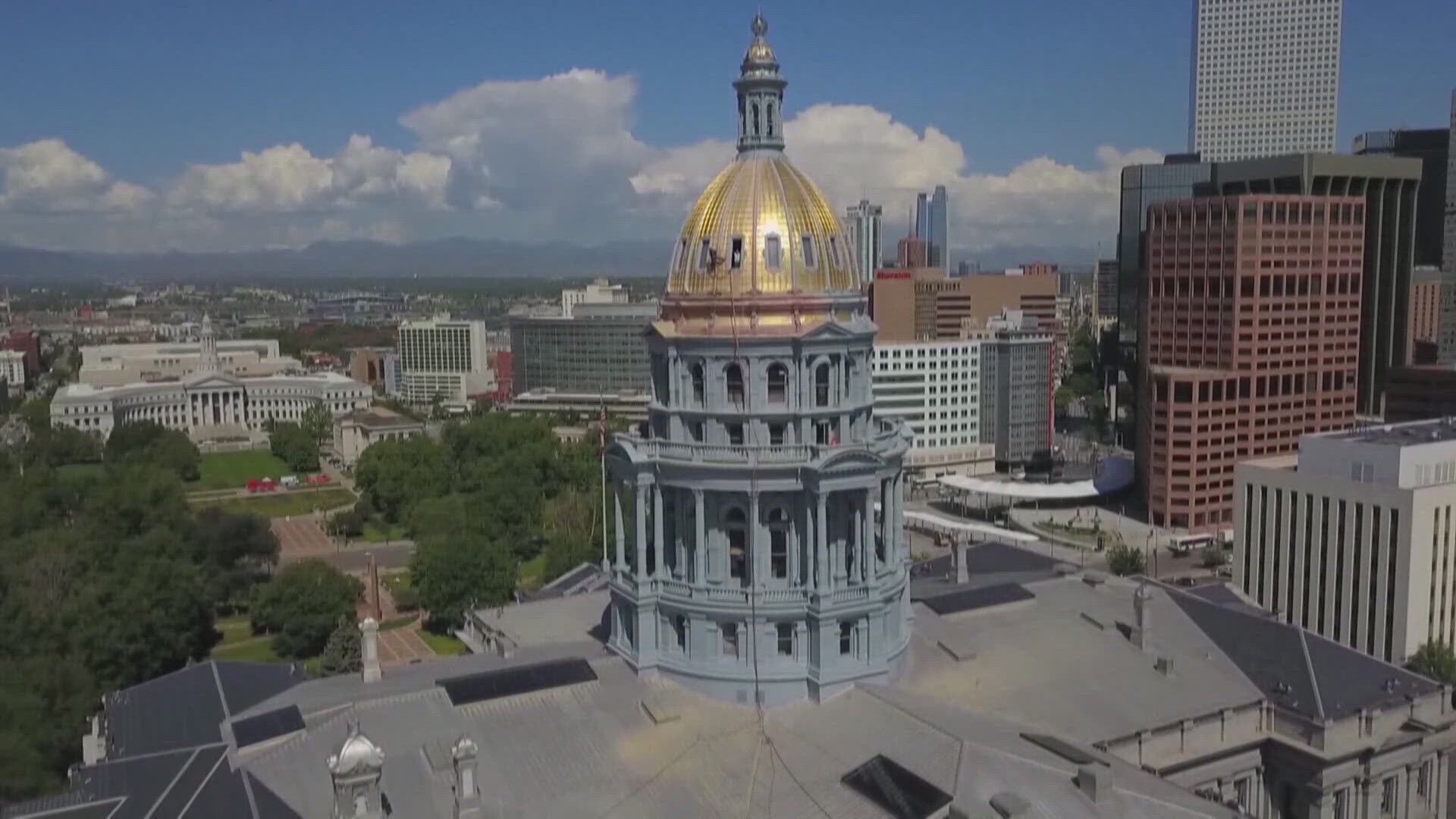DENVER — With the state's spending plan completed and on its way to the governor, along with funding for K-12 education, lawmakers are turning their attention in the final weeks of the legislative session to tax credits and bills totaling billions of dollars that will likely tap into the Taxpayer’s Bill of Rights surplus.
And tapping TABOR directly affects how much in refunds taxpayers would get not just in the next fiscal year but also in the foreseeable future. Colorado voters have zealously guarded that refund mechanism, rejecting measures that would redirect significant amounts to state programs, while approving some with limited spending figures.
Democrats with spending plans face a quandary this 2024-25 budget year, which is tight.
Consider this: The "set-aside" — general fund dollars that pay for bills still working their way through the process — is only about $22 million, according to the budget narrative. About $3 million is already committed to sunset bills that reauthorize state programs.
However, the lawmakers' wish list for general fund dollars is about $500 million. That means lawmakers will have to find a way to cut the costs of their spending priorities or see them go by the wayside.
So, lawmakers are turning to tax credits, particularly tax credits that tap the state's TABOR surplus.
> Read the full story at Colorado Politics.
TIKTOK BAN VOTE: House passes bill that could ban TikTok in the US
SUGGESTED VIDEOS: Latest from 9NEWS



